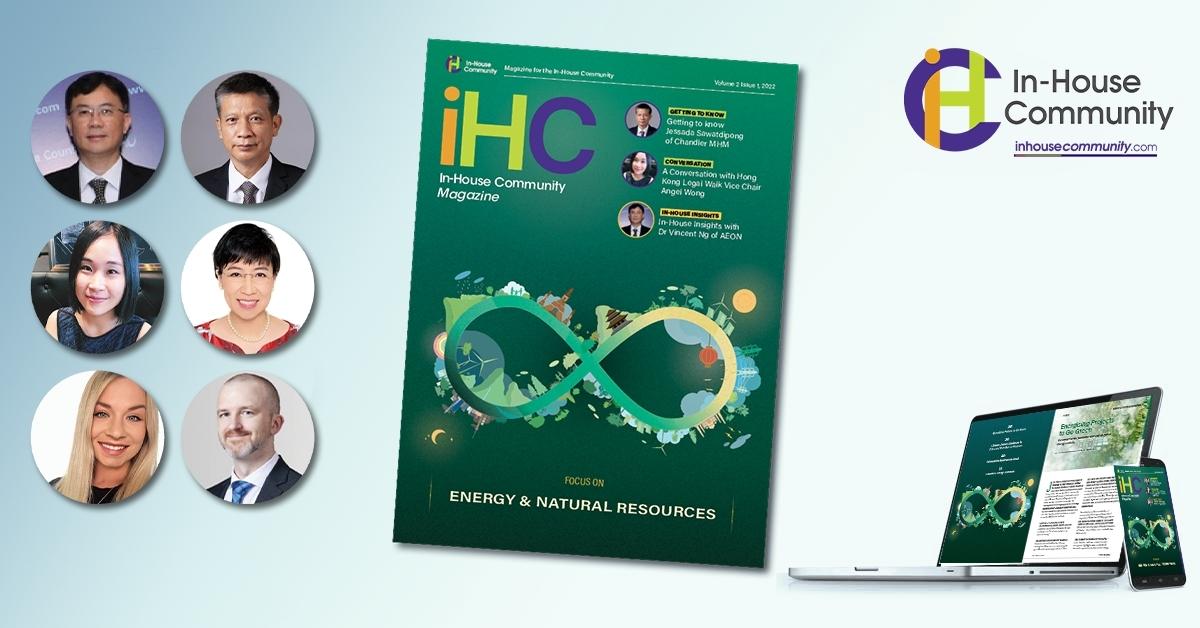January 12, 2024
Author: JIANG Fengwen, Zou Yongzhong, Joseph LI Beijing Chancebridge Law Office January 12th, 2024 On December 29, 2023, the latest revision of the Company Law of the People’s Republic of China, which has attracted wide attention, was finally adopted and promulgated by the Seventh Session of the Standing Committee of the National People’s Congress, with the effective date on July 1, 2024 (hereinafter referred to as the new “Company Law”). This is the sixth amendment to the current Company Act since its enactment on December 29, 1993. Previously, the Company Law underwent amendments to partial provisions in 1999 and 2004, a comprehensive revision in 2005, and two important amendments to issues related to the company’s capital system in 2013 and 2018. Usually, a draft law is submitted to the vote after deliberation at three meetings of the Standing Committee of the National People’s Congress, but this time the Standing Committee of the National People’s Congress made an exception to the Company Law, having taken nearly five years and four cumulative reviews and deliberations before being adopted by a vote, from the establishment of a drafting group for the revision of the Company Law by the Legislative Affairs Committee of the National People’s Congress in early 2019. This has demonstrated its extraordinary importance and the fact that certain provisions had been clearly contested during the review process. This Sixth Amendment is the most significant and most comprehensive amendment based on the basic framework and system of the current Company Law. In the most comprehensive and profound revision, 16 sections in the current Company Law were deleted, 228 articles were added... March 9, 2023
With the global concern on Climate Change and the need to reduce the use of fossil fuels such as oil and gas as the source of energy because of its negative impact towards the environment, there is a need to move towards renewable energies and more environmentally friendly fuels. One form of energy which is being advocated is Hydrogen. Based on the source and production process, Hydrogen is commonly classified today in three categories – Grey Hydrogen, Blue Hydrogen and Green Hydrogen. Grey Hydrogen is sourced from natural gas and is produced by a method called steam methane reforming which emits large amounts of carbon dioxide. Blue Hydrogen is produced the same way as Grey Hydrogen but the carbon dioxide is captured and stored under the Carbon Capture Utilisation and Storage (“CCUS”) methodology. Lastly, Green Hydrogen is produced by the electrolysis of water which splits water molecules into oxygen and Hydrogen using renewable energy such as solar energy, wind energy and hydroelectric energy1. Hydrogen in Malaysia In 2001, Malaysia identified Hydrogen fuel cells as a priority research area and R&D funds were allocated. A Hydrogen road map was formulated in 2006 and a blueprint for fuel cell industries in Malaysia was published in 20172. PETRONAS has conducted studies with academic institutions on the production of Hydrogen from biomass waste3 and from water through electrolysis which resulted in the development of the PETRONAS Advanced Proton Exchange Membrane (PEM) Electrolyser4. PETRONAS has also collaborated with commercial entities such as ENEOS Corporation (ENEOS) on Hydrogen production and its transportation in methylcyclohexane (MCH) form and IHI Corporation and TNB Genko on Hydrogen and Ammonia... November 28, 2022
From London and The Hague, to Singapore and Hong Kong – Liu leverages on his international experience as he forges a new path as independent arbitrator 1. Can you please share with us a little of your background prior to joining the Hong Kong International Arbitration Centre (HKIAC), and what your time spent there was like? I started my career at the Singapore International Arbitration Centre. I then did two internships at the High Court of Hong Kong and the Permanent Court of Arbitration in The Hague. After completing the internships, I joined Allen & Overy (A&O)’s Hong Kong office as part of their Global Arbitration Group. During my time at A&O, I was appointed as a member of the HKIAC Rules Revision Committee which was tasked for with drafting the 2013 HKIAC Administered Arbitration Rules. With that experience, I joined the HKIAC in 2014 and began my eight years of journey at the institution. I had a hand in many aspects of HKIAC’s operations including case management supervision, rules drafting, corporate governance and business development. There was no fixed description of my role at the HKIAC and my work every day was different and interesting. I spearheaded many of the HKIAC’s initiatives and drafted some of their practice notes and guidelines. It was an invaluable opportunity to gain insights on the institution’s internal management and practice and to work with many talented people. 2. What prompted your recent move to being an independent arbitrator and how have you found the transition thus far? Can you tell us a little about your new practice? Having worked in private practice and... September 8, 2022
In this issue, we turn our focus to energy and natural resources. We take a look at the impact of the pandemic and war on energy production and projects in the Middle East, India, China and Southeast Asia. We also hear about climate change disclosure and staying abreast of regulatory reform in China (Schroeder), and about Thailand’s energy transition, reshaping its energy market from one based on fossil fuels to renewable sources (Chandler MHM). We further hear from our In-House Community “Energy & Natural Resource” Legal Team of the Year (2021) winner, Royal Golden Eagle (together with Rose Kong), as they reimagine “business as usual” in the area of sustainability. July 7, 2022
It is common knowledge that a well-drafted contract will help to minimize disputes in business transactions, but not everyone fully understands what constitutes a well-drafted contract. Is a contract that clearly regulates the obligations of the parties sufficient? No, a well-drafted contract will not only let the parties know what to do; but should also force them to do what they promised, regardless of whether they want to do so or not. To achieve that, all contracts should have a well-designed system of remedies that the parties can invoke to prevent breach of contract or, in some cases, collect the reasonable compensation for the damage caused by such breach. Below is our analysis of some common remedies and how to effectively use them in contract drafting. Monetary Remedies Compensatory damages Compensatory damages are money to compensate for all losses caused by the breach of contract. This remedy can be regulated for almost all types of contracts and all types of breaches. Nevertheless, the reliability of compensatory damages is low because it requires heavy burden of proof in practice. At the court, the plaintiff will be required to prove the accurate number of losses by documents such as contracts, invoices, etc. and estimation of losses is usually not allowed, which can be quite impractical for some kinds of losses. For instance, in a case where Company A fails to deliver the goods to Company B, Company B can claim the costs for purchasing the goods from another third party using the corresponding contracts and invoices. However, for the losses of profits and business disruption caused by Company A’s breach... June 23, 2022
Please give us a brief overview of your professional background. I am the managing partner of the Singapore office of Three Crowns LLP, the world’s first global specialist arbitration firm. Apart from chairing the Board of Maxwell Chambers, I co-chair the Young Singapore International Arbitration Centre (YSIAC) committee and serve on the International Bar Association (IBA) Arb40 Steering Committee, Singapore Management University School of Law Advisory Board, and various governmental and regional arbitration committees. What was it that attracted you to Alternative Dispute Resolution (ADR)? The process of working with a passionate team to solve complex problems in a cross-border context, coming to grips with the nuances and dynamics of business problems and disagreements, and formulating strategy to achieve the client’s objectives never gets old – it is intellectually challenging but very human-centered as well. The diversity of issues across different industry sectors – from nuclear power projects to complex financial instruments – and the interposition of various cultures and nationalities in cross-border disputes also means that every case is a new learning opportunity and challenge. It is almost one year on from your appointment as chairman of the Board of Directors of Maxwell Chambers. How would you describe your experience at the helm thus far? It has been a privilege and fulfilling experience. I assumed the role amidst the pandemic which presented several challenges but also significant opportunities for Maxwell Chambers. Our immediate priority was to take stock of the post-pandemic landscape and be relentless in finding new ways to improve our offering and the user experience. We took the opportunity presented by the pandemic to enhance... Upcoming Events
Recent Past Events
















